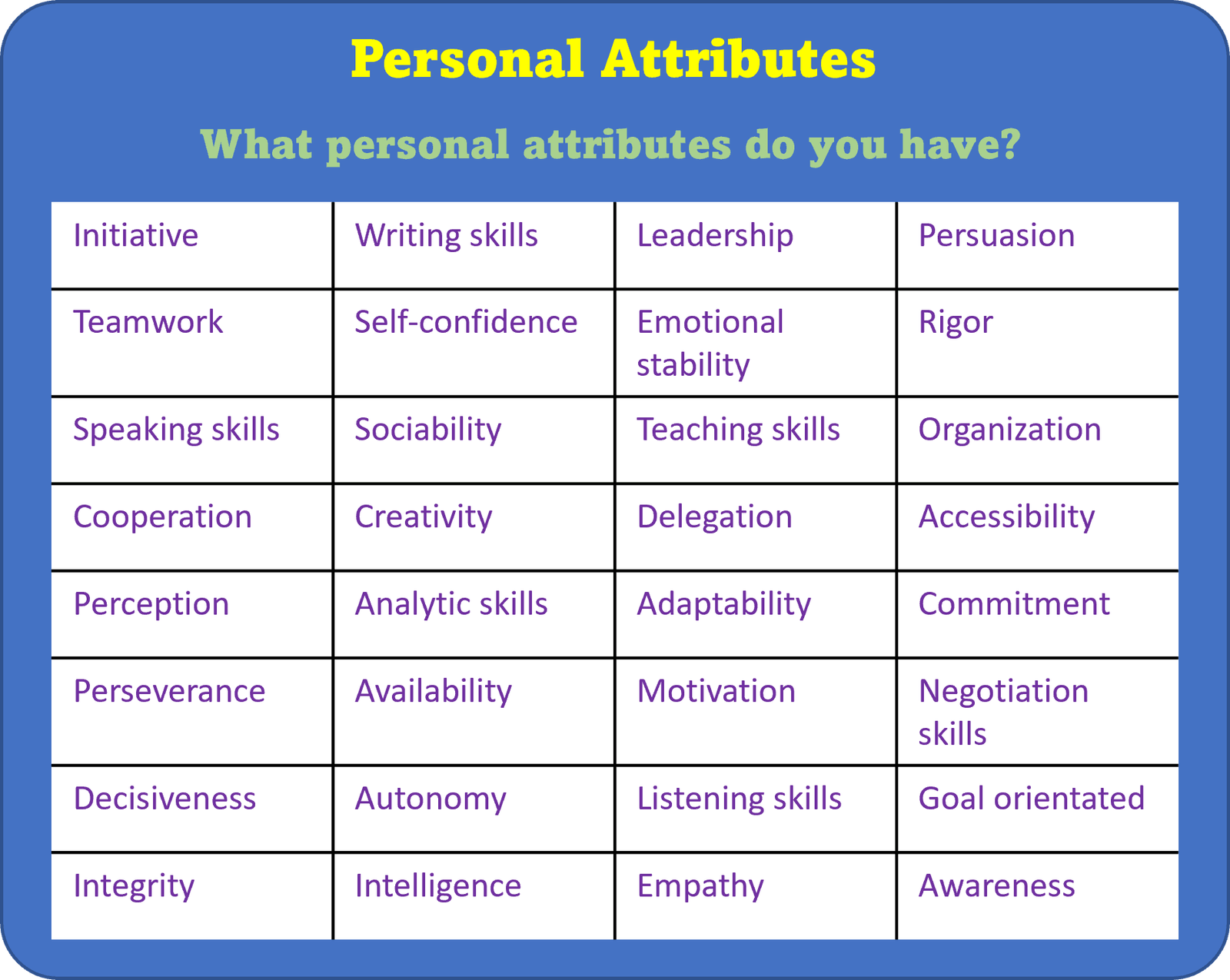
hamishsoderste
About hamishsoderste
The UK legal system is founded on a historic tradition of judge-made law, alongside statutes passed by the UK Parliament.
Court decisions in the UK are also vital in protecting human rights. Under the Human Rights Act 1998, UK courts are required to interpret legislation, as far as possible, in a way that is compatible with the European Convention on Human Rights. When legislation is found to be incompatible, courts can issue a ”declaration of incompatibility,” although Parliament remains sovereign and must choose whether to amend the law.
 If you treasured this article so you would like to collect more info relating to Colorado legal marketing i implore you to visit our own web-page. Above the High Court and Crown Court is the Court of Appeal, which is divided into the Civil Division and the Criminal Division. It considers appeals from lower courts and clarifies legal principles that are applicable to lower courts. At the top of the hierarchy is the Supreme Court of the United Kingdom, which is the ultimate court of appeal in civil and criminal cases for all parts of the UK, except for criminal cases in Scotland.
If you treasured this article so you would like to collect more info relating to Colorado legal marketing i implore you to visit our own web-page. Above the High Court and Crown Court is the Court of Appeal, which is divided into the Civil Division and the Criminal Division. It considers appeals from lower courts and clarifies legal principles that are applicable to lower courts. At the top of the hierarchy is the Supreme Court of the United Kingdom, which is the ultimate court of appeal in civil and criminal cases for all parts of the UK, except for criminal cases in Scotland.
In conclusion, the help provided by law courts in the UK is diverse and multifaceted. From legal aid and support services to the use of technology and special provisions for vulnerable individuals, UK courts aim to ensure that justice is accessible to all. Despite challenges such as funding cuts and an increasing demand for services, the UK justice system continues to offer a range of support mechanisms designed to help individuals navigate the legal process. Whether through free resources, specialized courts, or the use of technology, law courts in the UK are working to make the legal system more inclusive, efficient, and accessible to everyone.
In some cases, law courts in the UK also provide free legal resources to help individuals represent themselves. These resources include legal guides, online advice, and links to community organizations that offer legal support. There are also self-help kiosks available in some court buildings, where individuals can access information about their case and get assistance with completing legal forms.
For example, in cases involving domestic violence or child protection, special measures can be put in place to protect victims and ensure their safety. These measures can include the use of video links for victims to testify from a safe location or the provision of additional time for testimony. In some cases, vulnerable witnesses may also have access to a support person who can help them through the process.
Furthermore, court staff are trained to assist individuals in understanding the procedural aspects of the legal system. For example, they may explain the steps involved in filing a claim, how to obtain copies of court documents, and how to prepare for hearings. Although court staff cannot provide legal advice, they can offer practical help and ensure that individuals do not feel overwhelmed by the legal process. This support is especially important for individuals representing themselves in court, a situation known as ”litigants in person.”
The role of legal professionals in assisting individuals with their cases should not be underestimated. While not all individuals can afford to hire a lawyer, there are a number of free or low-cost services available. For example, many solicitors offer initial free consultations, and some charitable organizations provide pro bono services to help those in need. These legal professionals can provide invaluable guidance to those who are unfamiliar with the law and need help understanding their rights and obligations.
They define legal principles, resolve disputes, and guide the evolution of the law. The UK’s legal system is founded upon a mixture of judge-made law and written laws passed by Parliament, and judgments are instrumental in clarifying how the law should be applied in real-world cases.
In conclusion, the UK legal system reflect a diverse legal heritage shaped by centuries of development. With separate systems in its constituent nations and a clear hierarchical structure, the UK judiciary continues to respond to the changing needs of society while remaining anchored in fundamental legal principles.
Law courts are also tasked with protecting individual rights. Courts are responsible for safeguarding the rights and freedoms of individuals, as enshrined in legislation such as the Human Rights Act 1998. This includes protecting individuals from unlawful detention, ensuring that everyone has access to a fair trial, and safeguarding the right to free speech, privacy, and equality before the law. When individuals’ rights are violated by the state or other individuals, courts provide a platform for seeking redress and holding those responsible to account.
In criminal law, key rulings are frequently issued by the Crown Court and the Court of Appeal (Criminal Division). These decisions help to clarify the application of criminal statutes and legal principles, such as mens rea (criminal intent) and the rules of evidence.
At the higher end of the court system, the Crown Court deals with more serious criminal cases, such as rape and drug trafficking. The Crown Court’s administration is more complex, with a greater focus on managing jury trials and ensuring that both prosecution and defence have adequate time and resources to prepare their cases. The Crown Court is supported by various staff, including clerks, court officers, and legal advisors who assist judges in case management and procedural matters.
No listing found.

